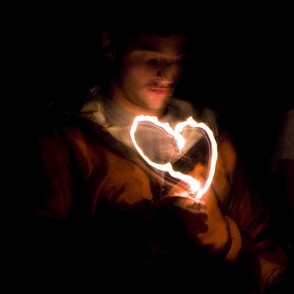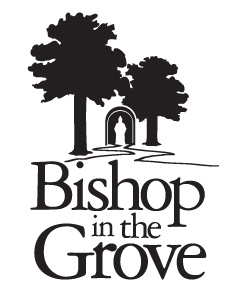Tag: Brighid
-

A Daily Practice Matters
This morning we slept in until 7:30. That may not seem incredibly early to some (it isn’t all that early for my husband and I), but it’s a vacation compared to the day of surgery and the first day of recovery. We woke to discover that my kid was experiencing some sharp pain, a common […]
-

WARNING: Call on a God, and He just might show up.
I drove an hour to Malibu for my Spring Equinox ritual. The location was a secluded, public beach called “El Matador.” The site opened at 8, and I arrived just a few minutes after the top of the hour. I followed the dirt trail down the edge of the cliff side, wearing jeans and work […]
-

The Action of Worship
My religion is experienced in the doing. This became clear to me as I entered the sacred space of our ADF ritual at Pantheacon, lifted my voice to invoke the spirit of Inspiration, and, for a moment, left my mind behind. When I stepped in front of the altar and began to sing, I was […]
-

I Keep Vigil to the Fire: Imbolc Poetry for a Goddess
Today, pious Pagans around the globe are posting poetry online in honor of the Goddess, Brighid (otherwise known as Brigid, Brigit, or simply, “exalted one”). I join them here on Bishop In The Grove. Imbolc, as I wrote about yesterday, may have milky origins, but the day and the season speak to something much deeper […]
-
The Lactating Ewes of Imbolc
I don’t know much about cows. Or sheep. I know that cows tip (not from personal experience, though). I know that sheep are cute, and I love their hair. I was just working with some last night. I also, on occasion, like to eat a bit of both. I’m a city boy, born and bred. I […]
-
I Think I Saw A Goddess
In front of me stood a large tree, next to which was a stone well (not unlike the one I’d seen at the holy site in County Kildare). Between these two sat a third.
-
The Kindred Speak Through the Tarot
I don’t normally share the details of my daily meditation outside of one of my weekly recaps. But today, I’m making an exception.
-
My Heart Is Your Hearth: Imbolc 2011
Imbolc is a High Day where we acknowledge and honor Brighid, yes. But, I think it is also an opportunity to acknowledge and honor all of the qualities which She represents in us.

